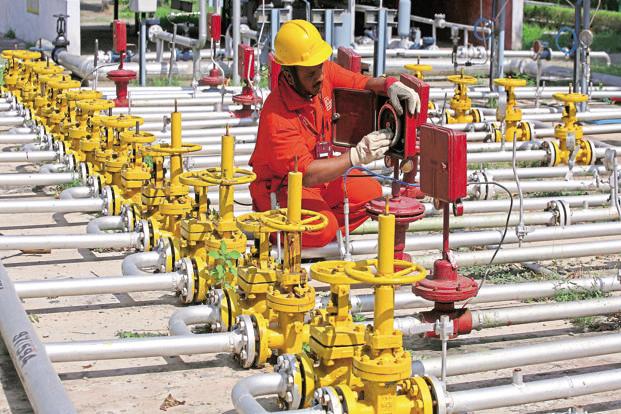Context:
- Union Ministry of Petroleum and Natural Gas has amended Petroleum and Natural Gas Rules 1959 to include shale in definition of petroleum.
- This change will allow private companies to explore and produce the resource in the blocks they already operate.
Benefit of this modification?
- The updated definition of petroleum means naturally occurring hydrocarbons, whether in form of natural gas or in liquid, viscous or solid form, or mixture thereof, occurring in association with petroleum or coal or shale but does not include coal, lignite, and helium.
- Prior to this, definition excluded shale and therefore barred companies from exploiting it from fields that are producing conventional oil and gas or coal-bed methane.
- The amendment of definition of petroleum will open up exploration of all hydrocarbons in existing fields which is line with new Hydrocarbon Exploration Licensing Policy (HELP).
- It will help in enhancing domestic exploration and production of hydrocarbons and increasing India’s energy security and reducing dependency on imports.
What is Shale?
- It is fine-grained sedimentary rock that forms from compaction of silt and clay-size mineral particles, commonly called as mud.
- The composition of shale places it in category of sedimentary rocks known as mudstones.
- Shale is distinguished from other mudstones due to laminated (rock is made up of many thin layers) and fissile (rock readily splits into thin pieces along the laminations) nature.
- Some shales have special properties that make them important resources.
- Black shales contain organic material that sometimes breaks down to form natural gas or oil.
What is Shale gas?
- Shale gas is natural gas formed from being trapped within shale formations.
- It is unconventional source of methane, like coal-bed gas (in coal seams) and tight gas (trapped in rock formations).
- It is colourless, odourless gas, lighter than air.
- It is cheaper than natural gas, releases 50% less CO2, hence better source for generating electricity.
- It also provides feedstock for petrochemicals industry, which is turned into fertilizer, plastics and other useful stuff.
- In India, potential shale gas sites are Cambay, Gondwana, Krishna-Godavari and Cauvery Basins.
